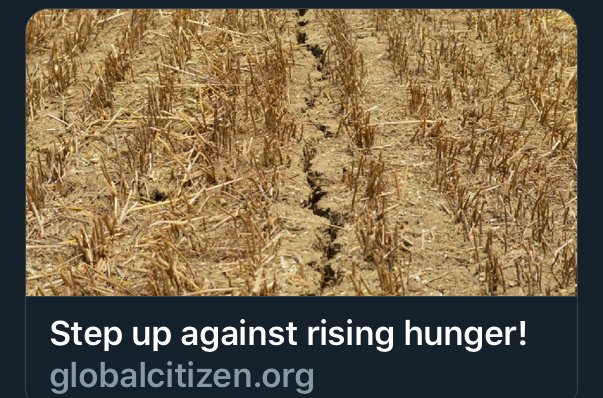FOOD SCARCITY LOOMS AS FOOD & CROP PRODUCTION WITNESS MAJOR SETBACK AROUND THE WORLD
The corona virus was solely responsible to a lot of anomalies since it outbreak late last year, but now that it's winding up, his footprint are just becoming more visible in the indelible mark of time. Here, we looked into its impacts on food productions and food security around the world.

The corona virus was solely responsible to a lot of anomalies since it outbreak late last year, but now that it's winding up, his footprint are just becoming more visible in the indelible mark of time. Here, we looked into its impacts on food productions and food security around the world. The lockdown period and the rebound of its effects was largely instrumental to the food security rocking the world presently.
Alarmed by a potential rise in food insecurity during the COVID-19 pandemic, many countries and organizations are mounting special efforts to keep agriculture safely running as an essential business, markets well supplied with affordable and nutritious food, and consumers able to access and purchase food despite movement restrictions and income losses.
But the Nigerian case is otherwise, while other countries are sharing palliatives to cushion the effects of the lockdown, Nigerian government was hiding the palliatives in retrospect increasing inflating food stuffs in the market. Till date, the state of the country in the post covid-19 time in respect to food security and availability remains in high risk.
The primary risks to food security are at the country level: as the coronavirus crisis unfolds, disruptions in domestic food supply chains, other shocks affecting food production, and loss of incomes and remittances are creating strong tensions and food security risks in many countries. Despite stable global food prices, numerous countries are experiencing varying levels of food price inflation at the retail level, reflecting supply disruptions due to COVID-19, currency devaluations and other factors.
Rising food prices have a greater impact in low- and middle-income countries since a larger share of income is spent on food in these countries than in high-income countries. The outcome of food productions from the farm was also affected due to the epileptic weather influence on crop production around the world. Countries like Canada, Nigeria, Cameroon, Ghana and some other countries food crops and productions have been affected across board.
In order to effectively manage the looming food crisis evident to befall nation states in the wake of next year and beyond, government must insert concerted efforts into farming activities across board and further get more individuals into agricultural productions with the inclusion of technology to as to make provisions for unforeseen weather irregularities.
You Can Also Read














